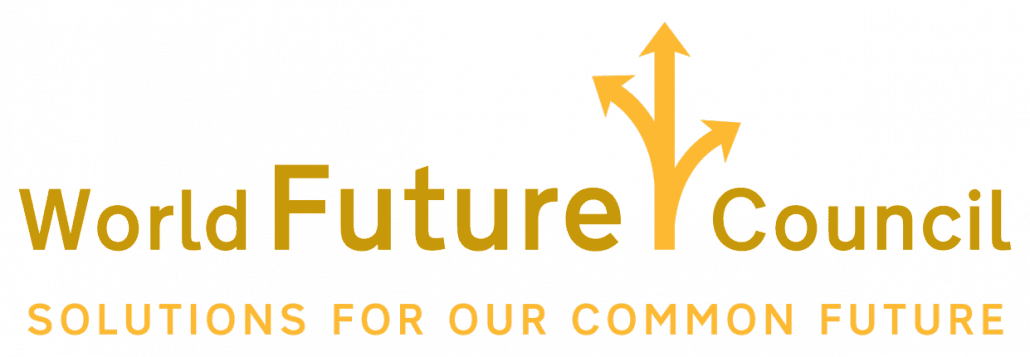

World Future Council
The
World Future Council: Working for a Sustainable and Just Future
editThe World Future Council (WFC) is a German non-profit foundation based in Hamburg, founded in 2007 by Jakob von Uexküll, the founder of the Alternative Nobel Prize. The foundation is committed to securing a healthy and sustainable planet with just and peaceful societies for future generations.
Mission and Values
editThe main mission of the WFC is to identify, develop, test, and disseminate future-oriented solutions to the current challenges facing humanity. The focus is on creating a healthy and sustainable world with just and peaceful societies, both now and in the future[2][5].
Key Products and Services
edit- FuturePolicy.org: This online database provides policy solutions and supports decision-makers in developing and implementing forward-looking policies. It contains proven policy solutions in areas such as renewable energy, energy efficiency, sustainable cities, and food production in the age of climate change[1].
- Future Policy Award: Since 2009, the WFC has awarded the Future Policy Award every two years to honor the best legal frameworks and promote their dissemination[2].
- Research and Publications: The WFC regularly publishes books and studies on topics such as renewable energy, climate protection, sustainable cities, and global challenges[1].
Sustainability Goals and Initiatives
editThe WFC focuses on a variety of areas of work, including:
- Climate and Energy: Promoting 100% renewable energy and energy efficiency[2].
- Sustainable Ecosystems: Working in the areas of forest protection, marine conservation, and biodiversity[2].
- Peace and Disarmament: Initiatives to promote peace and disarmament[2].
- Gender Equality: Projects to combat violence against women and girls[2].
- Children's Rights: Work to strengthen the rights of children[2].
Organization and Structure
editThe WFC consists of a council of up to 50 volunteer members from various fields such as civil society, science, politics, and business. These members determine the work agenda and meet annually at the World Future Forum to discuss the most pressing challenges and solutions. Additionally, there is a supervisory board, an executive board, and staff who manage and support the daily work[3][4].
The World Future Council is a key player in the global effort for a sustainable and just future by disseminating proven policy solutions and promoting forward-looking initiatives.
Sources:
edit- 1 - https://en.wikipedia.org/wiki/World_Future_Council
- 2 - https://www.worldfuturecouncil.org/about-our-work/
- 3 - https://www.worldfuturecouncil.org/how-does-the-world-future-council-work/
- 4 - https://clubofrome.de/news/world-future-council-wahlt-dr-daniel-dahm-zum-ratsmitglied/
- 5 - https://www.worldfuturecouncil.org